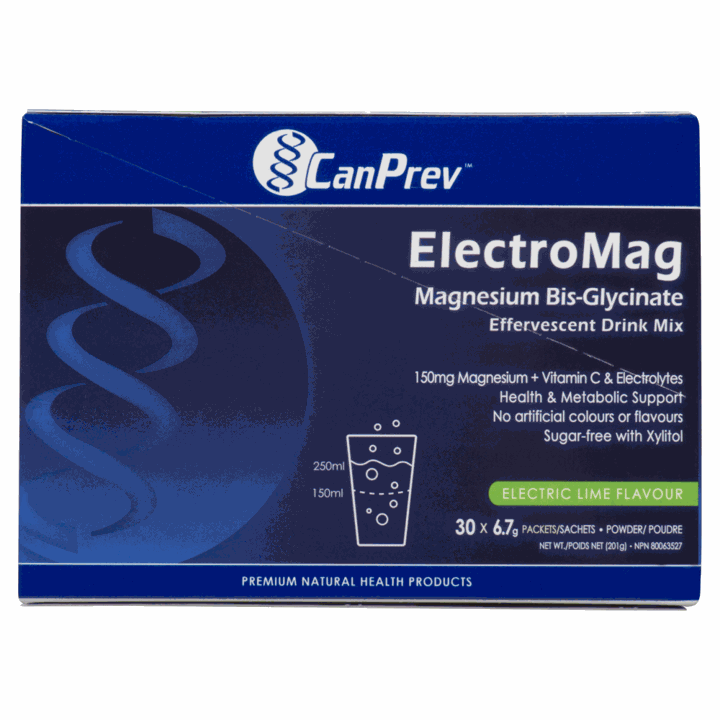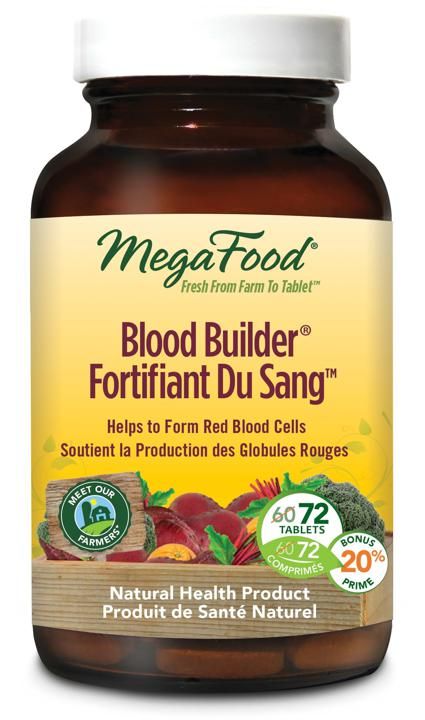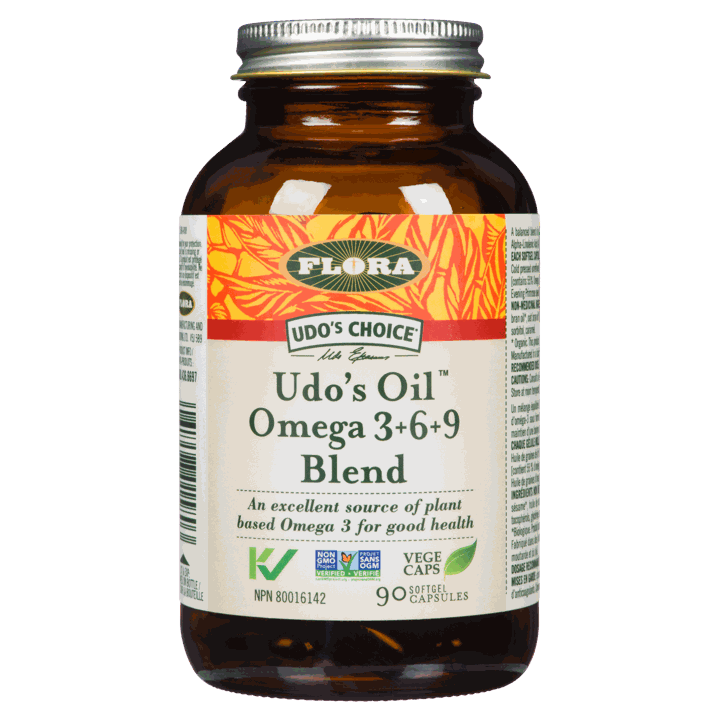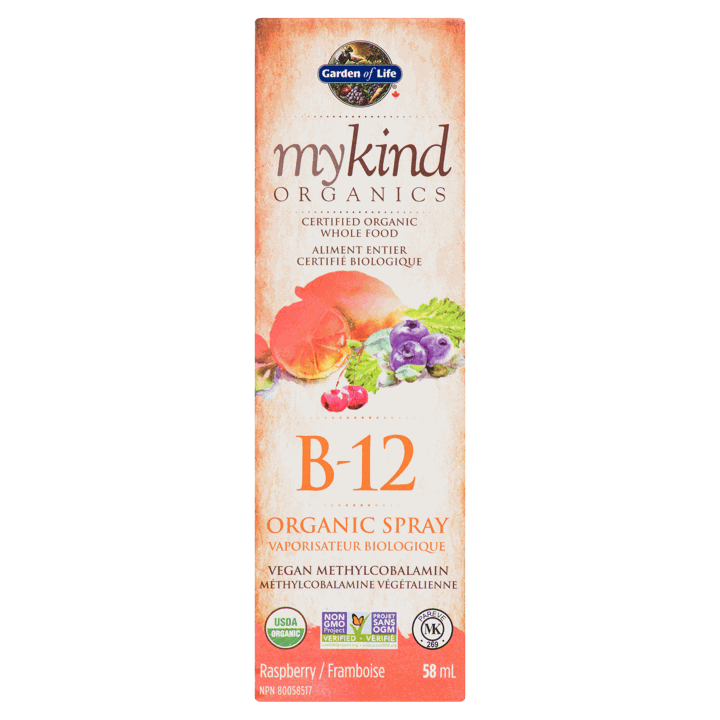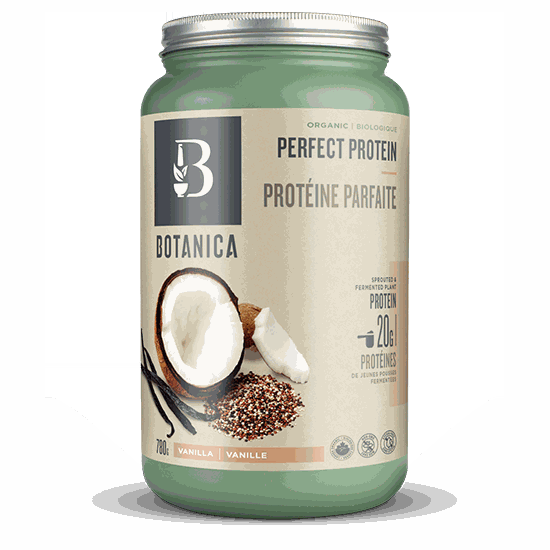The Vegan Diet, also referred to as a plant-based diet, primarily consists of vegetables, fruits, grains, legumes, nuts and seeds. No animal products such as dairy, meet, eggs, and in some cases honey, are consumed. This way of eating has gained a lot of popularity in recent years. Many nationalities around the world follow a plant-based diet and in fact, some of those groups that are Centenarians, eat a whole-food, plant based, low calorie diet.
Benefits of Eating a Vegan Diet
Some studies show that eating a vegan diet may help lower your risk of heart disease, diabetes, and cancer. Going vegan might also help you live longer, especially if your caloric intake is low and you are eating primarily whole foods. Because of higher fiber content in a vegan diet, this may help you lose weight/keep weight off and improve overall gut health. When consuming a lot of foods that are high in antioxidants and polyphenols, you are helping the fight in disease prevention.
Like any diet, they can be unhealthy if you are eating a lot of processed foods, unhealthy fats, and empty calories. Oh, and don’t forget about sugar! To ensure you are getting the maximum health benefits from plant-based eating, ensure you are eating whole foods such a whole grains, fermented vegetables, and proteins (tempeh), a wide variety of fruits and vegetables, and healthy fats such as olive, coconut and avocado oil.
Some Risks on a Vegan Diet
It is difficult to get all the nutrients your body requires from a plant-based diet. Not only are some of these nutrients only found in animal products, but some foods can also be hard to digest and assimilate these nutrients if not prepared properly.
B Vitamins
B vitamins are most important for your nervous system, and assist in maintaining healthy skin, hair and nails. Folate/folic acid is super important for pregnant women as it is required for the baby’s brain development and red blood cell formation.
B vitamins are found in the most abundance in eggs and meat products, but of course most of the B vitamins can also be found in whole grains, most nuts and seeds, green peas, sweet potato, and broccoli – just to name a few. B12 on the other hand, which is most frequently the nutrient that vegans are deficient in, is harder to get in a plant-based diet as a good amount of it can only be found in animal products. That said, you can still get B12 in nutritional yeast and spirulina, but you have to eat a lot of it to reach your daily intake, so getting regular blood work might be a good option to monitor your B12 levels. A supplement, preferably a B-Complex, might be helpful here.
Iron
Iron plays an important role in the body’s blood as it binds to hemoglobins and acts as a carrier of oxygen to our tissues. Women must watch their iron levels due to blood leaving the body during menstruation.
There are two types of iron that are important to the body. Heme-iron which can only be found in animals and non-heme iron which is found in plants. Unfortunately for vegans, non-heme iron is difficult to absorb without the help of heme-iron. The good news is, unless you’ve got a previous iron deficiency, you can likely get enough iron from foods. Plant-based foods that are rich in iron include whole grains, lentils, and oatmeal. And although non-heme iron is difficult to absorb without heme-iron, you can assist absorption with Vitamin C rich foods (citrus, red peppers, kiwis, etc.)
Vitamin D
Vitamin D, also know as the sunshine vitamin, is probably the most deficient nutrient in all people, not just vegans and vegetarians. While we can get some Vitamin D from the sun, our exposure to it is often difficult – especially for us Calgarians who live in 6 months of winter. But it’s important to get enough Vitamin D as it helps prevent against disease, supports our immune system and maintains our bones.
Vitamin D is commonly found in meats, eggs, and fatty fish. But you can also find it in plant-based foods like mushrooms and fortified non-dairy milks. The average person, even those that eat meat, do not get the daily requirement of Vitamin D so it’s best to always supplement with it. Vitamin D is better absorbed with Vitamin K2 so you can take these together for the best absorption.
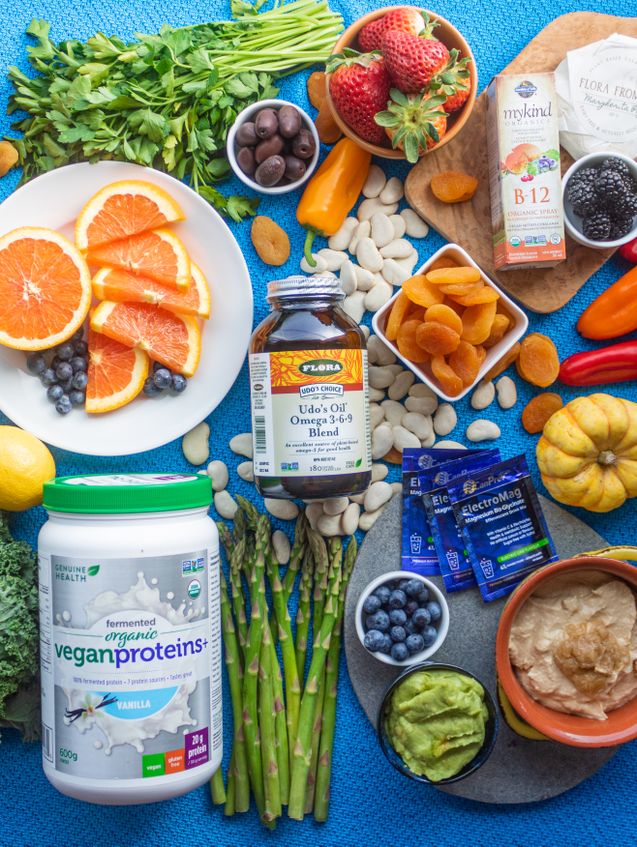
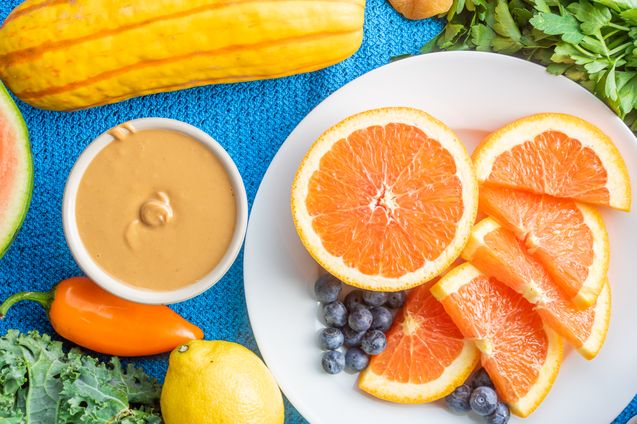
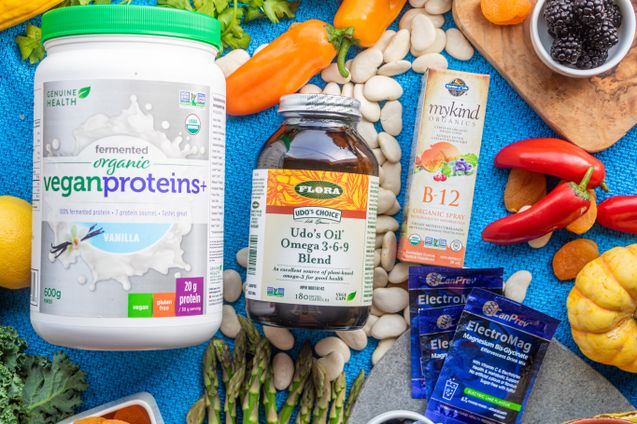
Don’t forget about the Fats
Fats are incredibly important for a well rounded, healthy diet. While people on a keto or paleo diet turn to animal fats, there are still plenty of plant-based fats that you can consume. Coconut oil is certainly the best seller and most popular but don’t forget about walnuts and macadamia nuts which are fatty nuts. There’s also flaxseed oil, olive oil and avocado oil that can be added to salads, as well as algae oil as a source of Omega’s (instead of fish oil).
Power up with Protein
Plant-based proteins can be tricky to navigate. Yes, tofu and soy are a protein but you don’t want to eat those in excess. It’s important to get your proteins from different sources and ensure you’re getting complete proteins as not all protein sources are complete. Quinoa is a complete protein, where nuts, seeds, legumes and whole grains are incomplete BUT are complete once you combine them together in a meal.
Eating plant based proteins are typically harder to digest, but they dont have to be if you know how to cook them properly. All legumes should be soaked before cooking with the exception of lentils and split peas. Soaking rehydrates the legumes and removes some of the sugars and lectins that can be hard to breakdown in the digestive tract. They can be soaked for 6-8 hours, or overnight if it’s more convenient. Once soaked, simply drain, rinse, and add your legumes to a fresh pot of water.
To further breakdown the beans and reduce gas/bloating, you can add a piece of Kombu (seaweed) to the pot. Kombu contains an enzyme that helps breakdown the sugars in beans, making them more digestible. Simply remove the piece of kombu after you are done cooking or leave in for added nutrients and texture.
Sprouting grains or legumes is another option to aid digestion. By sprouting, you are breaking down a protein, known as phytic acid, that can inhibit absorption of minerals like calcium, magnesium, zinc, etc. When you decrease the phytic acid, you increase absorption of minerals and proteins.
Looking to add extra protein to your diet in a more convenient way? There are plenty of plant-based protein powders that are derived from pea proteins, quinoa, brown rice or hemp seeds. Look for a product that is fermented and/or sprouted for optimal digestion.
Source: Healthy at 100 by John Robbins and Staying Healthy With Nutrition by Elson M. Haas, MD

